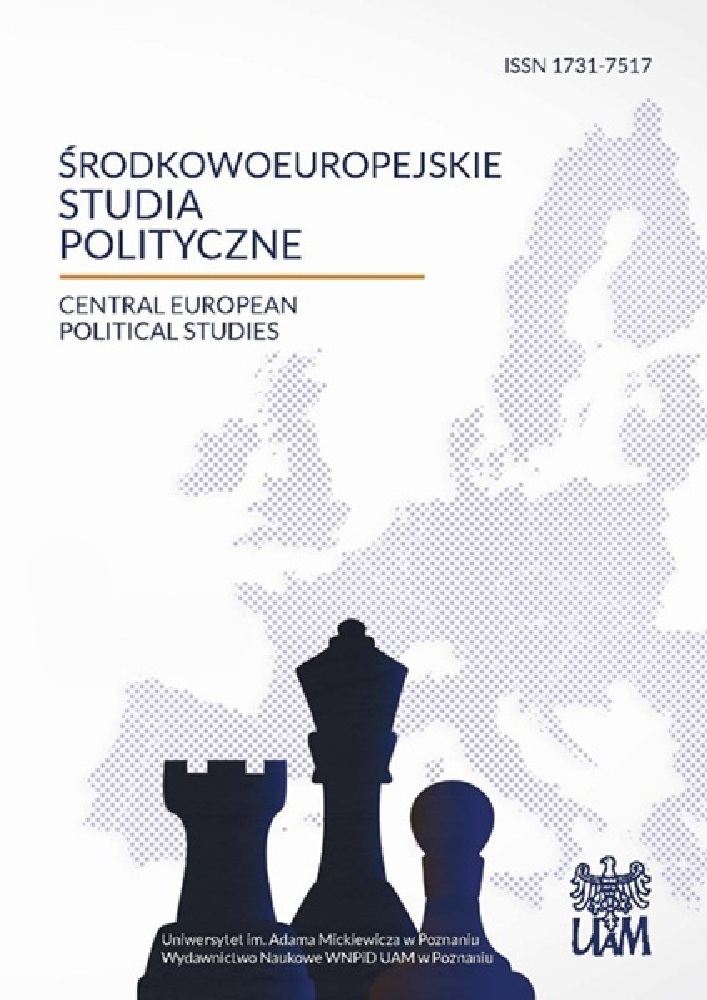Abstrakt
The subject of the considerations is the Czechoslovak „Velvet Revolution” and in particular its influence on the decomposition of Czechoslovak statehood. In the very title, the adjective „velvet” does not relate to the „revolution” but to a (civilized) „divorce” of the Czechs from the Slovaks. The influence the opposition exerted on the establishment of two separate states is assessed as the events of the „Velvet Revolution” were supposed to solve one of the most acute problems of the 75-year-old organism. Since the „Prague Spring” of 1968 and „socialism with a human face” there have existed realistic proposals on how to normalize the coexistence of the Czechs and the Slovaks within a single state – the „Spring” was to bring the elements of market economy and independence as well as to redefine the issues of a federation state. The events of the last 25 years in Czechoslovakia are analyzed from this perspective: the activity of the Communist Party of Czechoslovakia prior to the invasion of the Warsaw Pact forces, maintenance of „Charter 77”, later (Czechoslovak) Democratic Initiative and the Club for Socialist Reconstruction (as well as the Civic Forum) until the collapse of 1993, which was opposed by both Havel and Czarnogursky until the very end.Licencja
Copyright
© 2005, Uniwersytet im. Adama Mickiewicza w Poznaniu, Wydawnictwo Naukowe Instytutu Nauk Politycznych i Dziennikarstwa
OPEN ACCESS
